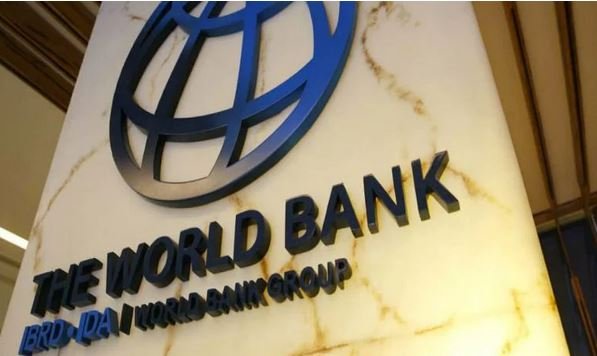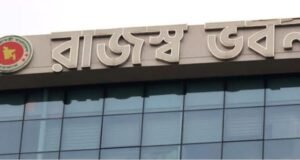
The World Bank has approved a $200 million loan to help improve primary healthcare services and prevent mosquito-borne diseases like dengue in Bangladesh.
The loan was approved on Wednesday (August 30).
It will help improve primary healthcare services for treatment, prevention and referral for common illnesses including mosquito-borne diseases like dengue and medical waste management in Dhaka North and South City Corporations, Chattogram City Corporation and Savar and Tarabo municipalities.
The Urban Health, Nutrition and Population Project will establish a network of primary health centers offering a broad range of health, nutrition and population services along with a direct referral system with secondary and tertiary-level facilities, said a press release on Thursday.
About 2.5 million children under 5 in these urban areas will receive services. “Bangladesh has made remarkable progress in improving healthcare, particularly in rural areas,” said Abdoulaye Seck, World Bank Country Director for Bangladesh and Bhutan.
“But urban areas have limited public healthcare facilities. Hence, poor people and slum dwellers are often forced to turn to more expensive private healthcare. Further, with high population density, climate change, and rapid urbanization, new health challenges are emerging, including an increase of dengue cases, infectious and non-communicable diseases,” he added.
The project will improve antenatal services for women, with a target of over 250,000 women receiving at least four checkups during pregnancy. It will also support hypertension screening and follow-up of about 1.3 million adults.
To reduce out-of-pocket expenditure on medical care for the poor people, the project will renovate selected existing public health facilities, including government outdoor dispensaries and family planning clinics.
The project will also focus on environmental health and preventive services like mosquito control, medical waste management, and behavior change communication to promote healthy lifestyles to prevent illnesses and mitigate the effects of climate change and air pollution on human health.
It will support the development and implementation of a multi-sectoral strategy to manage infectious disease outbreaks in cities and municipalities.
To prevent dengue, the project will introduce a climate-based dengue early warning system and outbreak response capacities as well as take measures to clear breeding sites.
“The impact of climate change on mosquito-borne and infectious diseases is often overlooked. An overreliance on fogging or spraying targeting adult mosquitoes and untargeted larval control is not an efficient use of resources,” said Iffat Mahmud, Senior Operations Officer at the World Bank and Task Team Leader for the Project.
“As mosquito lifecycle is influenced by climatic conditions, the project will strengthen the mosquito control laboratory and build capacities to implement innovative mosquito control measures and other community-based interventions,” added Mahmud.
The credit is from the World Bank’s International Development Association (IDA), which provides concessional financing and has a 30-year term with a five-year grace period.
The World Bank was among the first development partners to support Bangladesh. In its 50-year partnership with Bangladesh, the World Bank has committed about $40 billion in grants, interest-free and concessional credits to the country. Currently, Bangladesh has the largest IDA program in the world with a total of $15.9 billion commitment to 54 ongoing projects.
 Weekly Bangla Mirror | Bangla Mirror, Bangladeshi news in UK, bangla mirror news
Weekly Bangla Mirror | Bangla Mirror, Bangladeshi news in UK, bangla mirror news







